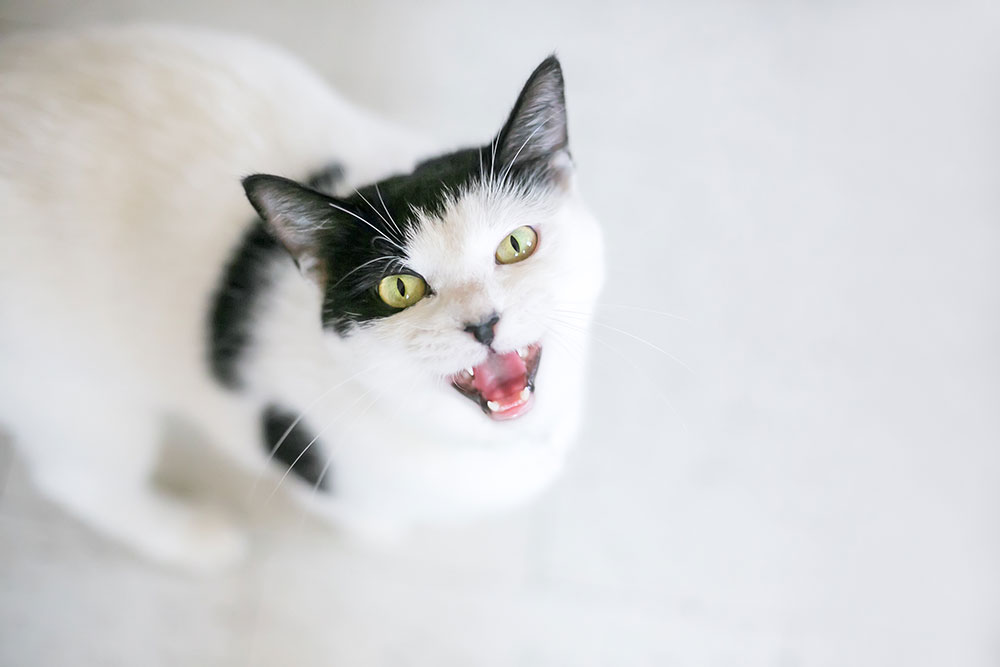cat lost voice covid
Last week a four-year-old female. If your dog or cat is losing their bark or meow do not put off a visit to your vet.

Resilience Skills Attitude Of Gratitude
Therefore it is important that owners should not worry unnecessarily.
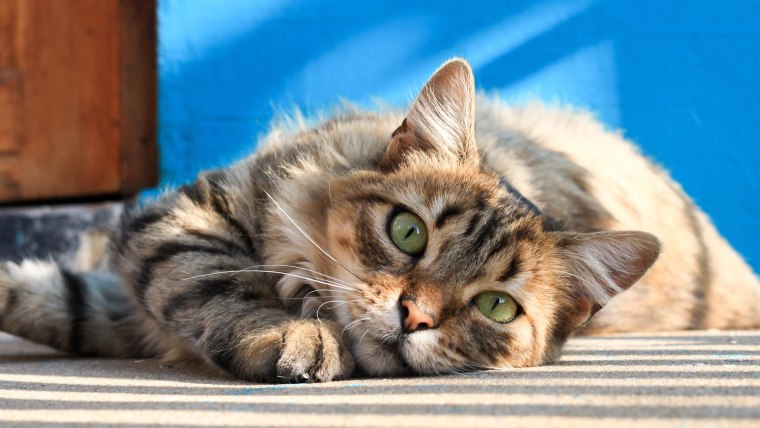
. Tests conducted by the Animal and Plant Health Agency have confirmed that the virus responsible for Covid-19 has been detected in a pet cat in England. The case of a sick tiger shows cats can catch COVID-19 but there is no evidence yet that they can pass it to humans. Muscle disorders The vocal cords are a muscle.
The 16-year-old cat lived in Cumberland County Pennsylvania in a home with multiple individuals who had previously been diagnosed with COVID-19 the. This implies that transmission from humans to cats is extremely rare. Cats and the coronavirus.
While there is a small risk of something more serious further investigations can. Some COVID-19 patients report their voices going hoarse as the virus takes its course. Cats often lose their voice due to laryngitis that resolves with time.
An image of suspected COVID tongue Our observations are supported by a review of studies reporting changes to the mouth or tongue in people with COVID-19 published in December. Immediate steroids are the best treatment to improve prognosis. Losing your voice can be frustrating especially if you depend on your voice for work or are looking forward to an upcoming night out with friends.
If youre losing your voice regularly or if your voice doesnt return to normal after a few weeks its time to consult a laryngologist ENT voice specialist. The vet should examine the cat and depending on how cooperative your pet is may use a very short-acting sedative making it possible to actually see the entire laryngeal area and the vocal folds. Cats are subject to a host of diseases that can cause permanent damage to any or all of the eyes components.
The exact pathophysiology of the disease is still unknown with the most likely causative factor being following a viral infection. The severity of disease caused SARS-CoV-2 infection in cats is unclear. Woman with sore throat.
Fortunately there are several hacks that can. Autoimmune muscle disorders can block the neuromuscular junction and result in voice change or loss. The most frequently diagnosed feline eye disorder is conjunctivitis an inflammation of the conjunctiva the mucous membrane that lines the inner surface of the eyelid and the outer.
Cats appear to be at least mildly susceptible to COVID-19. What causes a hoarse voice with COVID-19. Its an autoimmune disease that causes pain swelling and stiffness in your joints.
Frequent voice loss usually indicates an underlying vocal cord abnormality warns Dr. The cat and its family have all since made a full recovery and there was no further transmission to other people or animals. What effect does COVID-19 have on cats.
Unlike us colds and flus are not the major reason for voice changes and loss in pets. However if your cat is experiencing respiratory issues its highly likely these signs are due to one of the other primary reasons before COVID-19. In the naturally occurring case of feline COVID-19 from Belgium the cat developed GI and respiratory problems and recovered within nine days.
So the concern is to determine why youre losing your voice so frequently. Sudden onset sensorineural hearing loss SSNHL is frequently seen by otolaryngologists. We may earn a commission from links on this page but we only recommend products we back.
According to Johns Hopkins Medicine hoarseness can be associated with sore throat coughing or a change in breathingall common symptoms of COVID-19. About 1 in 3 people with RA get vocal problems including a sore throat and loss of voice. New research from MIT scientists suggests it might be.
Given the lack of transmission there are currently no plans to vaccinate cats against COVID-19. The researchers found that having a dry mouth was the most common problem followed by loss of taste dysgeusia and fungal infection oral thrush. Chief Veterinary Officer Christine Middlemiss said.
But that symptom has its roots in other consequences of the COVID. There is limited evidence to suggest the transmission of COVID-19 from people to cats may be possible. These disorders include cataracts glaucoma and progressive retinal atrophy.
9 Signs Cat Has COVID-19 What to Do. Researchers from the Massachusetts Institute of Technology have also discovered that the virus that causes COVID-19 SARS-CoV-2 can directly infect cells in the inner ear which could explain the hearing and balance issues in some COVID-19 patientsAnd a team from Johns Hopkins School of Medicine found evidence of the virus in the middle ear of COVID. But what if the sound of your voice could be used to identify early COVID infection.

Cats Really Do Need Their Humans Even If They Don T Show It
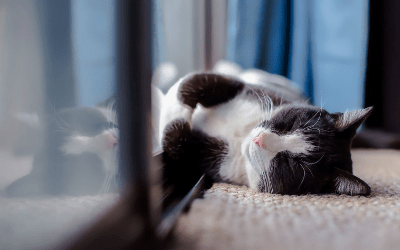
Indoor Cats And Infectious Disease Vca Animal Hospitals
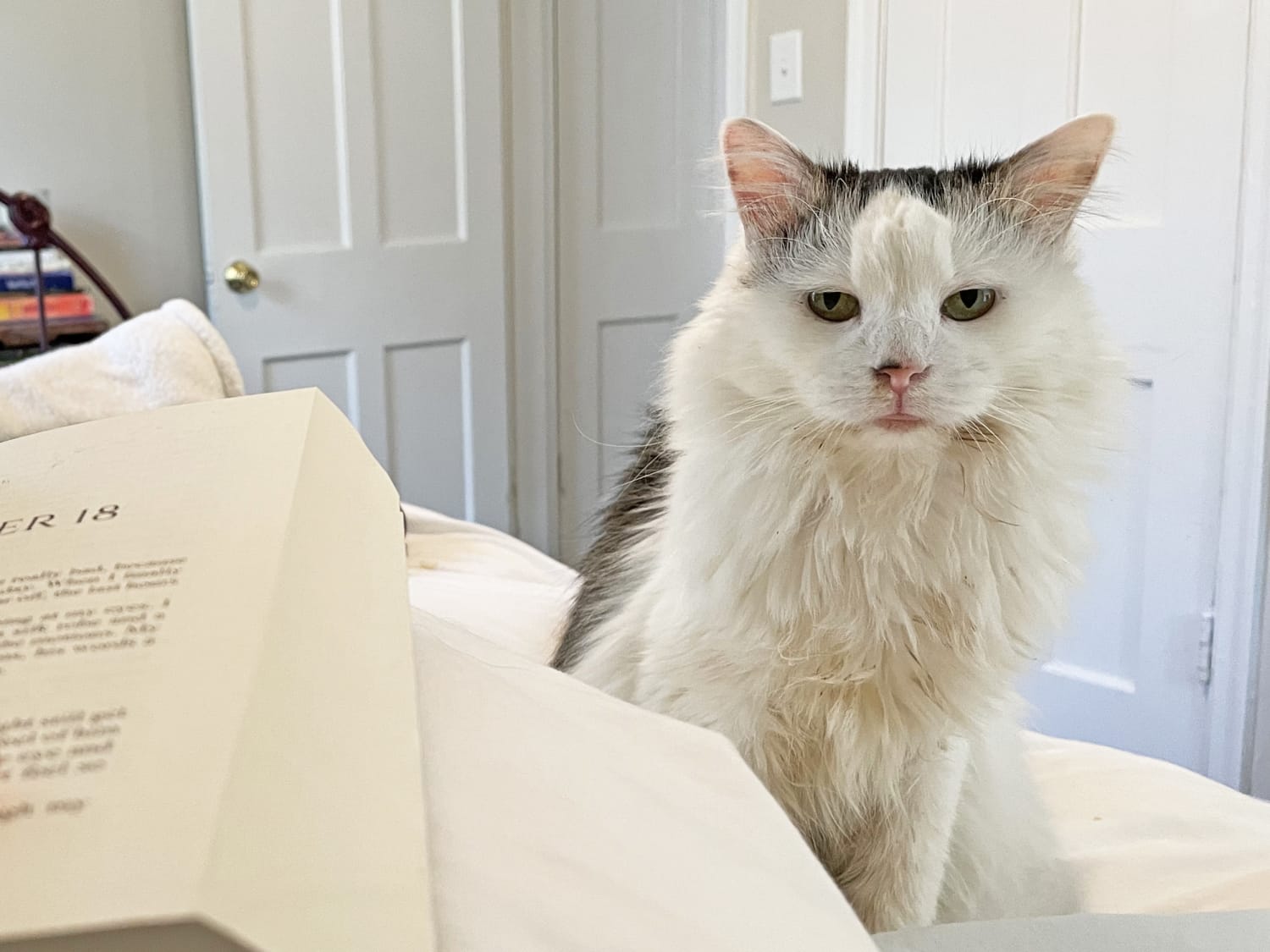
Tiktok Famous Cat S Death Underscores Dangers Of Parasocial Relationships
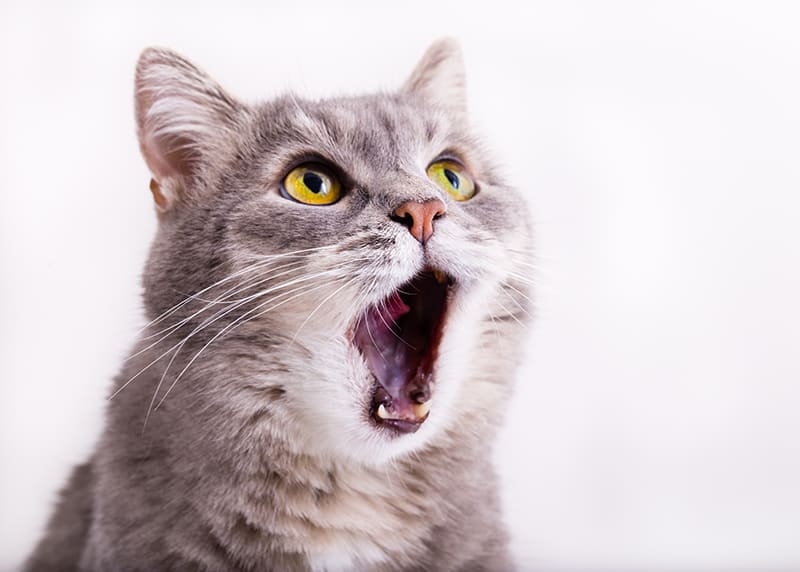
Cat Laryngitis What To Do If Your Cat Loses Their Meow Charlotte Vet Veterinary Internal Medicine

Laryngitis In Cats Apple Valley Vets

Cat Lost Voice Why My Cat S Meow Sounds Hoarse

Cicadas And Pets What To Do If Your Cat Or Dog Eats Them Npr
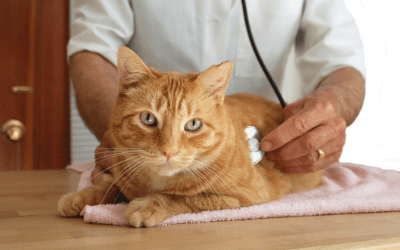
Ataxia In Cats Vca Animal Hospitals

Signs Your Cat May Have Had A Stroke Rock Hill Veterinary Neurologist Emergency Vet

British Shorthair Colours Full Guide My British Shorthair British Shorthair Cats Cat Breeds Cute Cats

Cat Art Print Lynx Animal Art Anthropomorphic Animals In Etsy Cat Art Print Animal Art Pet Clothes
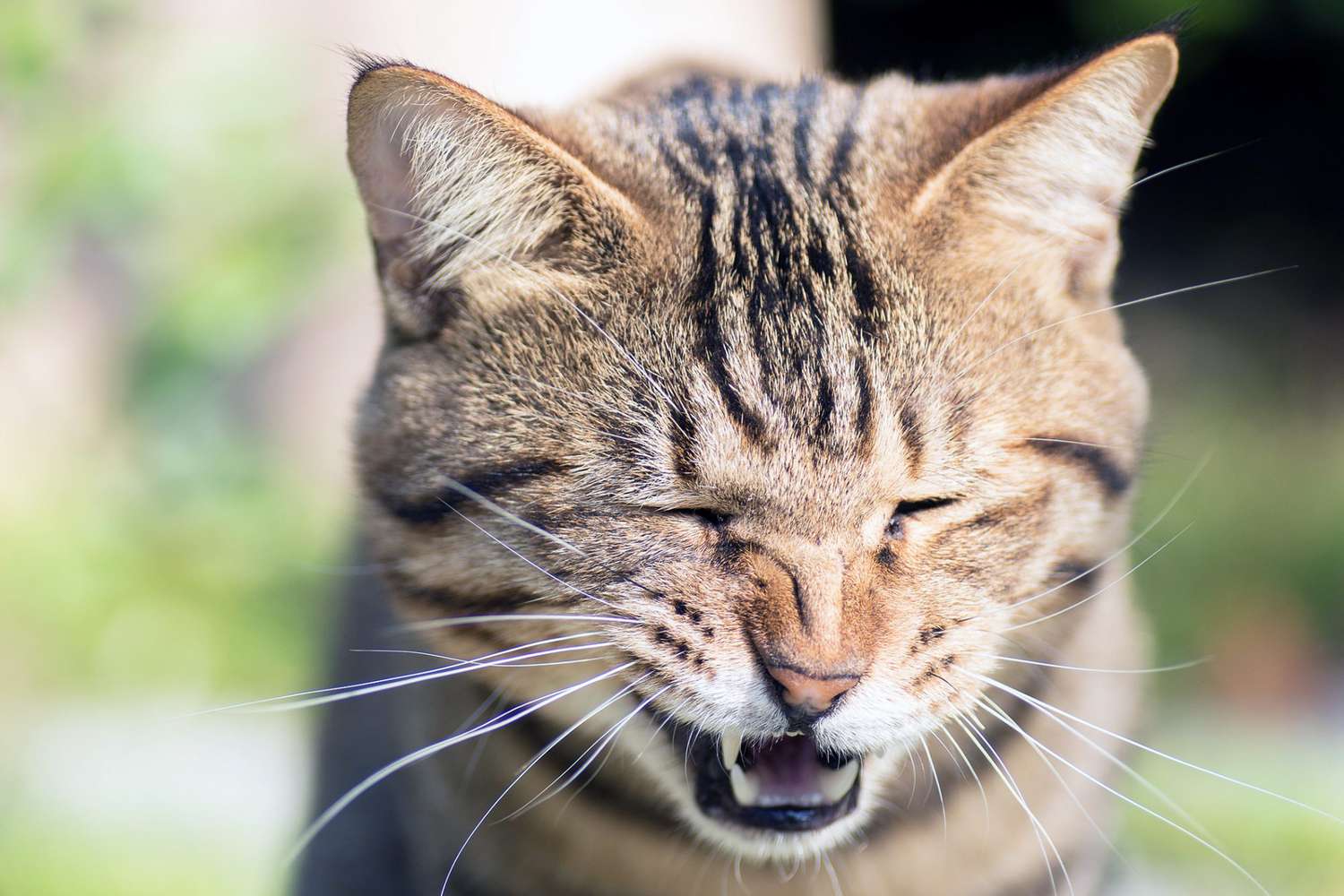
What To Do If Your Cat Is Sneezing Blood Daily Paws
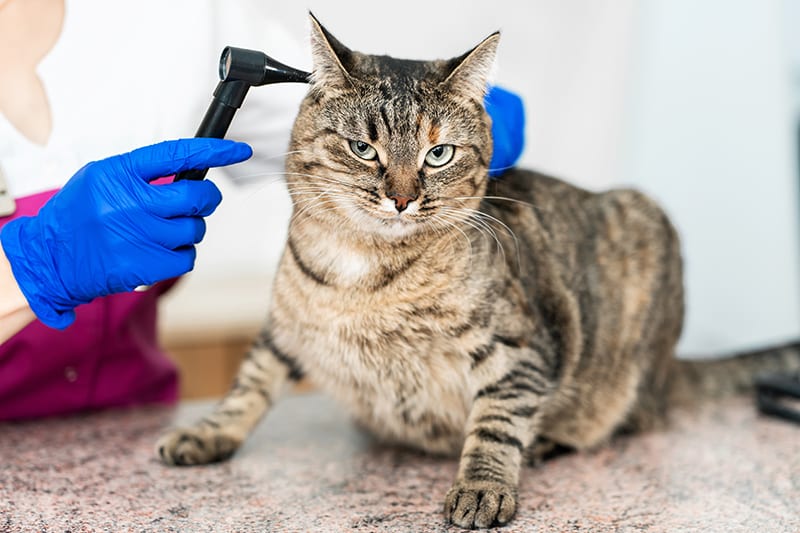
Signs Of Ear Infection In Cats Davidson County Vet Thomasville Veterinary Hospital

Anthropomorphized Animals Google Search Cat Art Print Cat Art Animal Art




